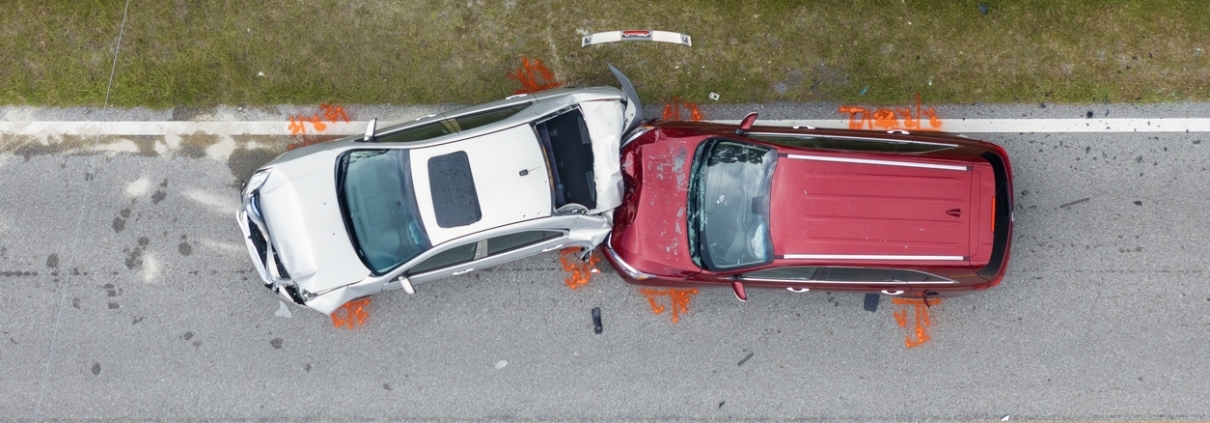
How is Fault Determined in a Car Accident?
Determining fault in a car accident requires a thorough investigation and careful analysis of the evidence. While determining fault is a crucial part of most car accident cases, in North Carolina, there is no room for error. The state operates under what is called a pure contributory negligence standard. If the plaintiff (accident victim) is found at fault in any way, they cannot recover for their losses. You need a strong advocate to counter defense strategies that you bore any responsibility for the accident.
A car accident attorney at Rhine Law Firm, P.C. can protect your right to recover compensation while negotiating with the other party’s insurance company. Our clients’ best interests are at the forefront of everything we do. You can expect our attorneys to give you the personal attention you deserve. We will listen to your needs and objectives and apply state-of-the-art legal research and strategies to assess the facts of your case. Schedule a free consultation today if you’ve been in a car accident.
North Carolina’s Pure Contributory Negligence Standard
North Carolina is among the few states that follow a pure contributory negligence standard for determining fault. As noted, that means if the plaintiff is at fault in any way, they cannot recover damages; even being 1 percent at fault bars the plaintiff from recovery. In many car accident cases, the plaintiff does hold a percentage of fault, however slight.
For example, perhaps you were broadsided by a car failing to stop a red light at an intersection. While there is no question the driver running the light was primarily at fault, their insurance company might allege that you held a small percentage of fault because you were going 5 miles over the speed limit. That tiny percentage is enough to keep you from recovering damages for your serious injuries.
North Carolina Is a Fault State
North Carolina is considered an “at-fault” state regarding car accidents. It means that the at-fault driver’s insurance company bears the primary responsibility for paying for your losses and damages. However, due to the state’s pure contributory negligence standard, the odds of receiving fair and reasonable compensation for your injuries are considerably lower than in no-fault states, which underscores the need for a skilled and aggressive lawyer.
Further, in North Carolina, the statute of limitations for filing a personal injury lawsuit is three years from the accident date. It is imperative to consult a car accident attorney immediately. (In a wrongful death case, the statute is even shorter – two years.) Otherwise, evidence that may prove your case can vanish.
Determining Fault
Various types of evidence help to determine fault. Here are some of the most common:
Police Report
The police report contains valuable information from the law enforcement officer who responds to the scene. At the accident scene, tell the law enforcement officer what happened, but do not admit fault or apologize. The officer speaks to all parties involved and reviews the available evidence at the scene. Often, the report will include the officer’s opinion of who was at fault for the accident.
Accident Scene Photos
Photos and videos taken directly after the accident are among the most substantial types of evidence. If you are physically able, take pictures at the crash site and document the damage to cars as well as skid marks, road and weather conditions, and vehicle debris.
Electronic Data Recorders
If one or both of the vehicles involved in the accident have Electronic Data Recorders (EDR), it provides essential insight into the cause of the crash. EDRs store vehicle speed, acceleration, braking, engine performance, airbag deployment, and other variables.
Surveillance Video
Surveillance video shows the scene before the crash, the moment of impact, and the aftermath. Whether that video comes from traffic cameras maintained by the jurisdiction in charge of the road, dashcams, or neighborhood surveillance, it can be pivotal for supporting your case.
Because video footage is seldom stored for more than a month or so, it is crucial to hire a car accident lawyer promptly so they can obtain it before it is erased.
Eyewitnesses
Eyewitnesses can strengthen your case by their testimony that the defendant was speeding, texting, driving recklessly, or engaging in other activities that caused the accident. They are neutral observers. Obtain their names and contact information at the crash scene if you can.
Accident Reconstruction
In some cases, accident reconstruction specialists are hired to analyze and recreate the crash. After collecting the relevant data, these experts use sophisticated computer modeling, such as 3-D simulation tools, to determine how the collision occurred.
Medical Records
Your medical records can help establish causation. Not only will the nature of your injuries correspond with your description of the car accident, but you can also prove that they were not pre-existing conditions. Your medical records will also establish damages in the case, which will be key to recovering compensation.
Contact a Wilmington Personal Injury Lawyer for a Free Consultation
If you were injured in a car accident, contact an experienced personal injury attorney at Rhine Law Firm. Because of North Carolina’s strict pure contributory negligence standard, it is virtually certain that the defendant’s insurance company will try to allege that you bore some of the blame. Schedule a free, no-obligation consultation today to discuss your options. Since we work on a contingency fee basis, you will not pay attorney’s fees unless we win compensation for your injuries.
About Us
Rhine Law Firm, P.C. serves clients throughout North Carolina and nationwide, specializing in complex civil litigation led by Joel Rhine. With expertise in personal injury, car accidents, property damage, sex abuse, and more, the firm is passionate about taking on challenging cases. They emphasize providing personalized legal representation, prioritizing their clients’ best interests while offering state-of-the-art legal strategies. Rhine Law Firm’s dedicated attorneys enjoy the fight for justice and are committed to guiding clients through complicated legal processes. The firm offers free consultations, flexible appointment scheduling, and Spanish language services.




